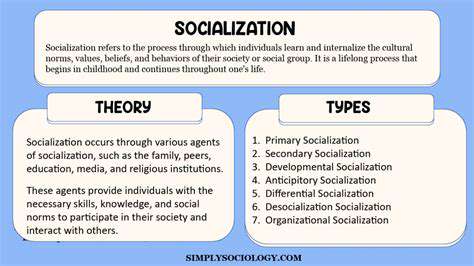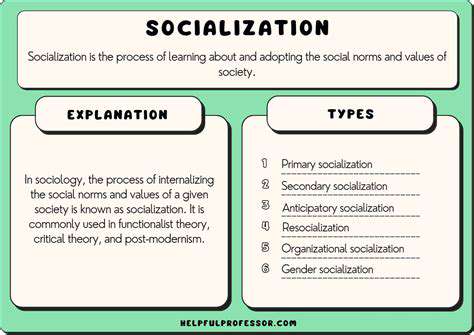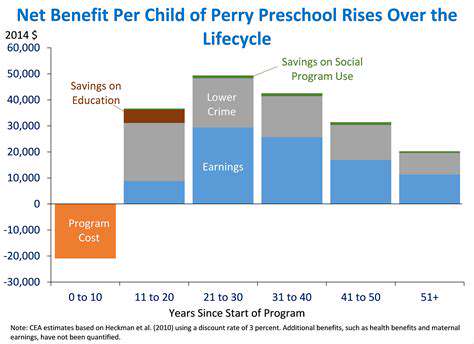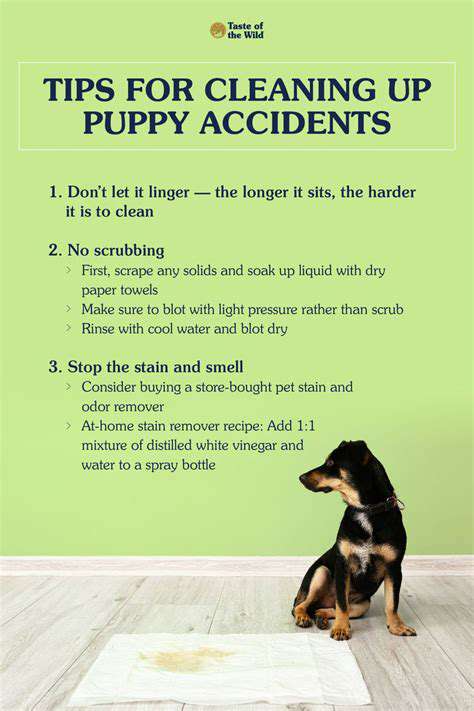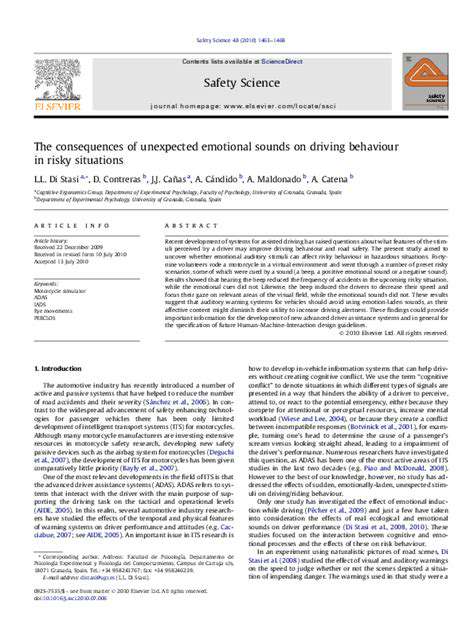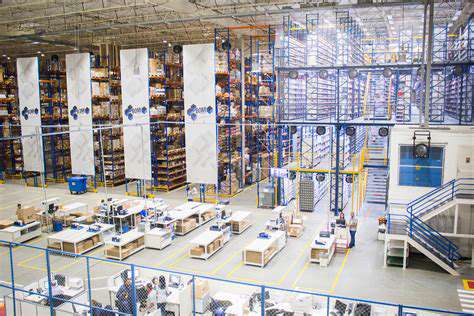The Lasting Impact of Puppy Socialization on Adult Dog Behavior
Understanding the Core Concept
Puppy socialization isn't simply about taking your furry friend for a stroll around the block. It's a crucial period in a puppy's development, impacting their future behavior, temperament, and overall well-being. This vital process involves exposing puppies to a variety of sights, sounds, people, and other animals in a controlled and positive manner. The goal is to build positive associations with these experiences, fostering confidence and adaptability in your growing companion.
Early socialization lays the groundwork for a well-adjusted dog. Puppies who are properly socialized are more likely to interact calmly and confidently with other dogs and people, reducing the risk of behavioral problems like aggression or fear-based reactivity. It's a proactive approach to preventing potential issues down the line rather than a reactive fix after they arise.
Key Elements of Effective Puppy Socialization
Effective puppy socialization goes beyond just random encounters. It's a structured and planned process. Crucially, it involves exposing your puppy to a diverse range of experiences, including different types of people (children, adults, elderly individuals), various environments (parks, stores, veterinary clinics), other animals (dogs of different sizes, breeds, and ages, as well as cats and other pets), and even different sounds (construction noises, traffic, and everyday sounds). Consistency and positive reinforcement are key.
Positive reinforcement plays a crucial role in shaping your puppy's response to new stimuli. Rewarding calm and positive interactions reinforces the idea that these encounters are pleasant and safe. This approach builds confidence and encourages a willingness to explore new situations. Avoid forcing interactions or overwhelming your puppy. It's about gradual exposure and positive association building.
Supervision is also essential during socialization. Always ensure your puppy is safe and interacting appropriately with the environment and other animals. A watchful eye will help you prevent any conflicts or negative experiences. A well-trained puppy can easily become overwhelmed by unfamiliar surroundings or stimulating situations. Therefore, ensuring a safe and controlled environment is crucial for a positive experience.
The timing of exposure is also important. Puppies are most receptive to socialization during a specific window, typically between 3 and 12 weeks of age. This period is critical for developing their social skills and establishing a positive association with the world around them. It's also important to remember that socialization is an ongoing process that continues throughout a dog's life.
The Long-Term Benefits of a Well-Socialized Puppy
The benefits of a well-socialized puppy extend far beyond the initial training period. A confident and well-adjusted dog is a joy to live with. They are less likely to exhibit fearful or aggressive behaviors, making them better companions for families with children and other pets. This translates to fewer behavioral problems, reduced stress for both the dog and their owners, and a stronger, more positive bond.
Proper socialization also contributes to your dog's overall happiness and well-being. A confident dog is more likely to enjoy walks, outings, and social interactions, enhancing the quality of their life. It also often reduces the likelihood of separation anxiety or other behavioral issues that can arise from fear or lack of confidence. This proactive approach to training and care ensures a smoother and more fulfilling relationship with your canine companion.
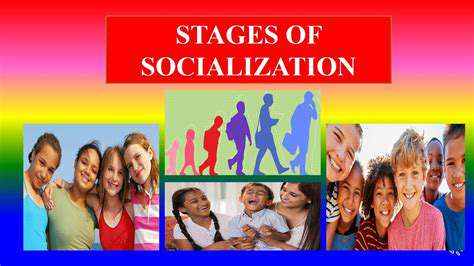


Read more about The Lasting Impact of Puppy Socialization on Adult Dog Behavior
Hot Recommendations
- The Impact of Early Socialization on a Dog's Interaction with Other Animals
- Car Travel and Puppy Socialization: Making the Journey a Positive Experience
- The Importance of Early Environmental Exposure for Puppy Development
- Taking Your Puppy to the Vet: Positive Socialization Strategies
- Making Training a Positive Experience for Your Puppy
- Public Transportation and Puppy Socialization: A Step by Step Guide
- Safe Socialization: Allowing Others to Pet Your Puppy
- Helping a Puppy Who Struggles with "Stay"
- Positive Puppy Interactions: Making Meetings with New Friends Fun
- No Treats Needed? Training Basic Commands with Verbal Praise
